Hundreds of Afghan kids in US separated from families
Hundreds of Afghan children have been separated and are alone in the United States while their families remain in Afghanistan and have minimum hope of reuniting with their kids.
NBC News published a report on Friday citing new figures from the federal Office of Refugee Resettlement (ORR) showing that more than 230 Afghan children were alone in the US while their parents or caregivers were in Afghanistan.
The children are family members of Afghan nationals who had helped the foreign soldiers during the US-led occupation of the country and feared reprisal after the unexpected takeover of Kabul by the Taliban in August 2021.
At that time, many families decided to split apart so as many family members as possible could get out of the country and out of the Taliban's reach.
As a result this decision, more than 1,500 children arrived in the US unaccompanied.
The goal is to reunify Afghan children with their parents or relatives in the US, a spokesperson said, however, adding that as it was getting harder to evacuate anyone from Afghanistan, there was little hope of their reunion any time soon.
Meanwhile, ORR has placed more than 1,400 of them with family members or other adults.
As of Aug. 30, ORR has 104 Afghan children left in its care, while 130 more Afghan kids are in the custody of state governments or non-governmental organizations.
“These children have experienced far more trauma than any child ever should," said Krish O’Mara Vignarajah, president and CEO of Lutheran Immigration and Refugee Service.
"The urgency of this moment means doing whatever it takes to reunite these vulnerable children with their families. ... These children can’t afford to wait decades for the United States to keep its promise to those left behind."
Meanwhile, the Taliban has agreed to let the Americans evacuate one airplane-full of evacuees from Kabul each week.
In addition to the aforementioned family members of the children who arrived in the United States alone, there are tens of thousands of other vulnerable Afghans who are still inside Afghanistan. The group of vulnerable Afghans-- which include former special operators, women in security forces, pilots, elite troops and Afghans who have knowledge about specific military and intelligence operations and could be in danger because of their work for the US and NATO forces, and they also knew things that could pose risks to the US if extracted by captors -- have received referral notes for relocation to the United States through the Priority-1 or Priority-2 categories of the US Refugee Admissions Program (USRAP). However, in order to start the naturalization process they would have to get out of Afghanistan and go to a third country to have their cases opened. The process, when a case is accepted, can take 12 to 18 months or longer to process.
“We recognize that it is currently extremely difficult for Afghans to obtain a visa to a third country or find a way to enter a third country, and like many refugees, may face significant challenges fleeing to safety,” a State Department spokesperson said. “We are continuing to review the situation on the ground and consider all available options, and our planning will continue to evolve. We strongly encourage Afghanistan’s neighbors to allow entry for Afghans and coordinate with humanitarian international organizations to provide humanitarian assistance to Afghans in need.”
US-backed riots suffered 'humiliating' defeat in Iran: Yemeni leader
Pezeshkian: ‘Unholy rage’ fueled by Iran’s enemies after June defeat
Iran condemns Israeli demolition of UNRWA headquarters in occupied al-Quds
Denmark reasserts Greenland sovereignty as Trump claims ‘total access’
Iran’s political legitimacy comes from ballots and popular will, not foreign powers
VIDEO | Press TV's news headlines
VIDEO | The reckless US
Qalibaf: Recent unrest a 'complementary link' in 12-day war against Iran


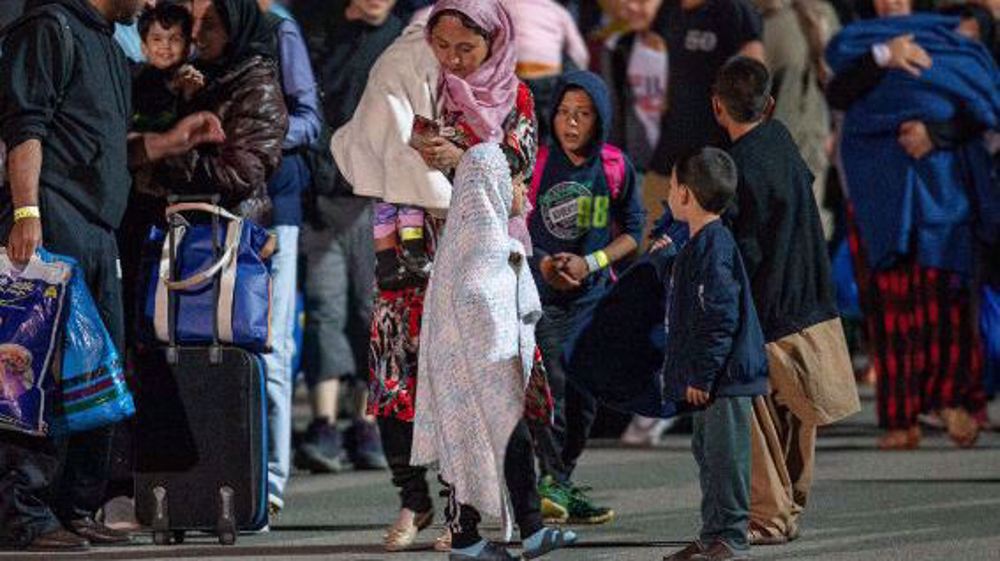
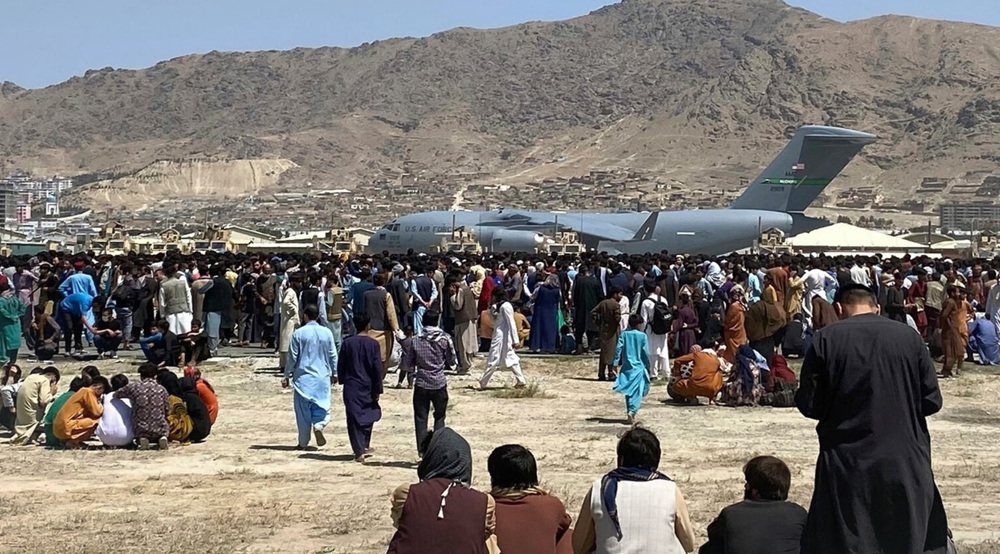
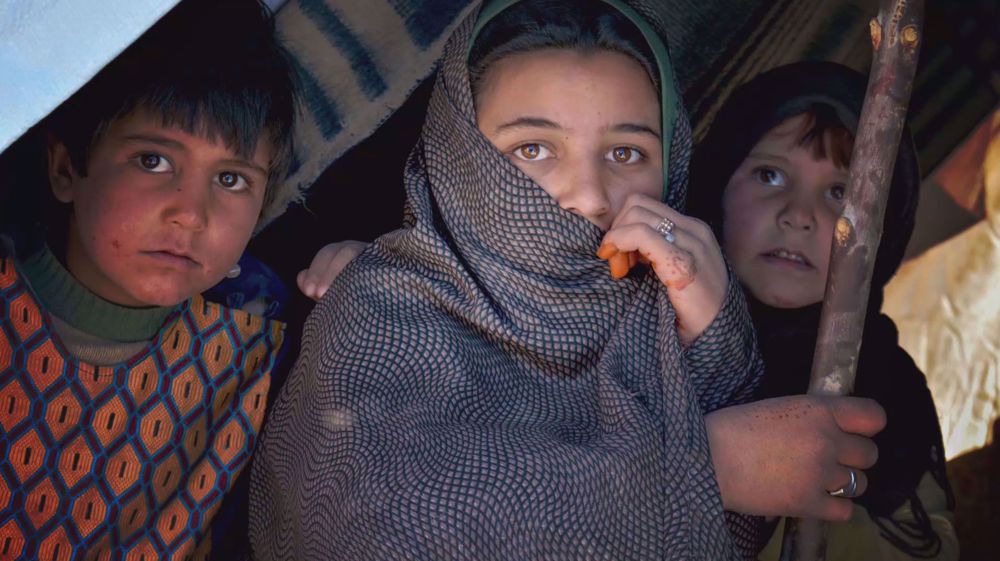
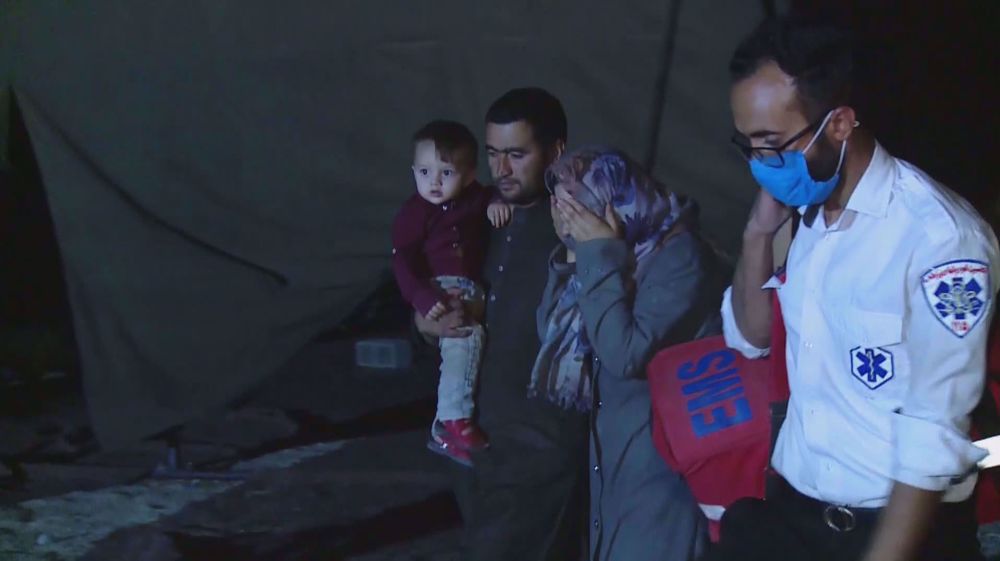






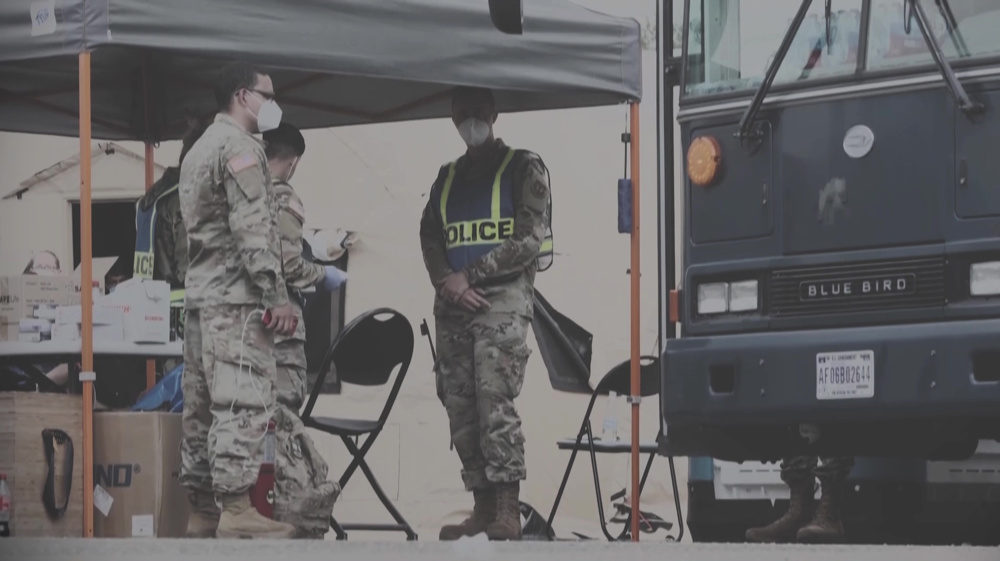

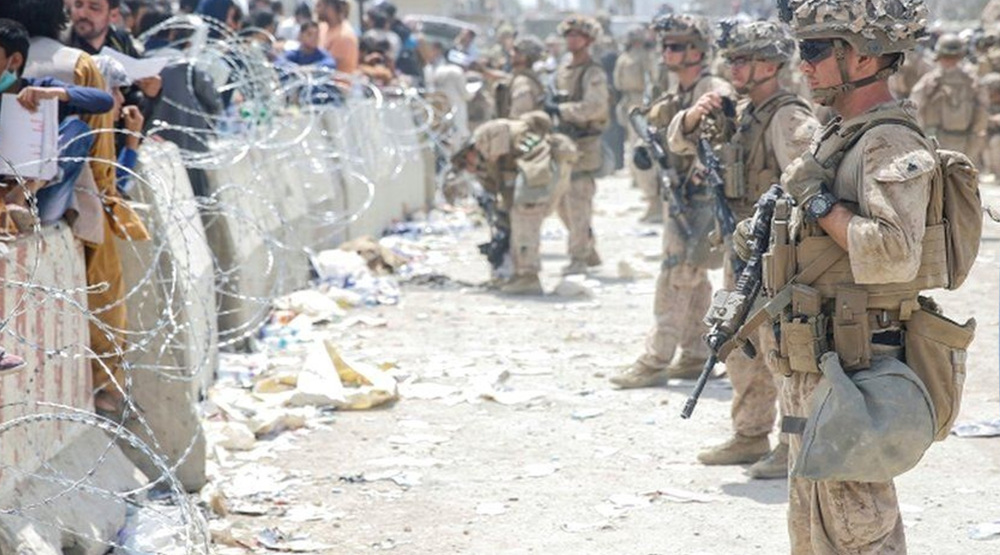
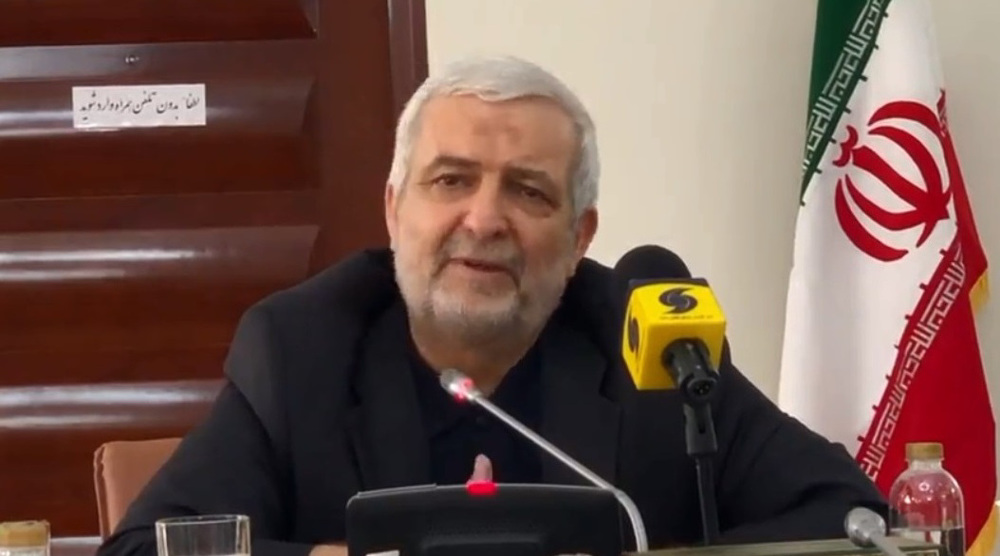
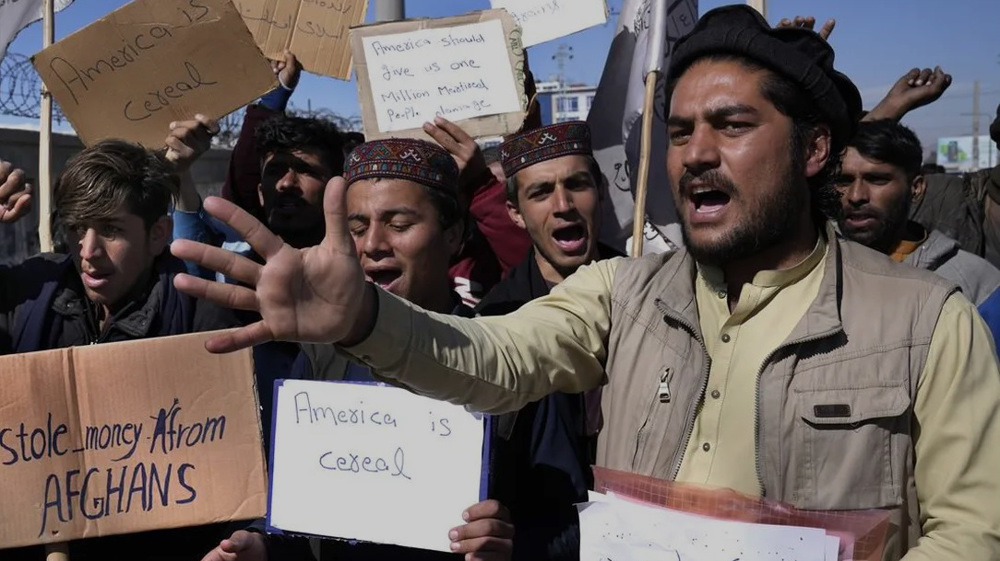


 This makes it easy to access the Press TV website
This makes it easy to access the Press TV website